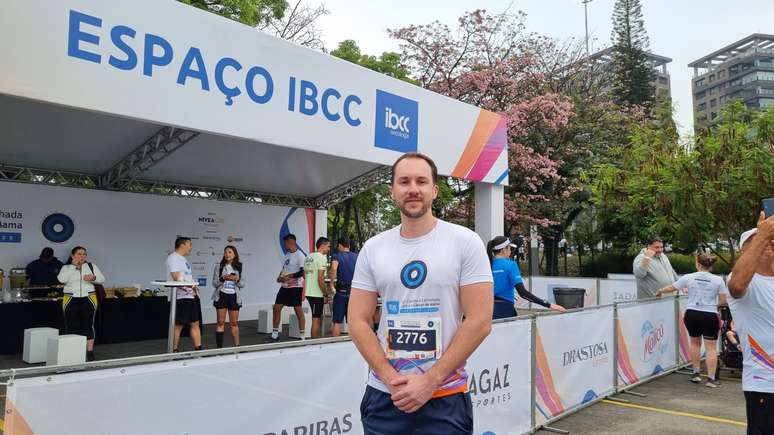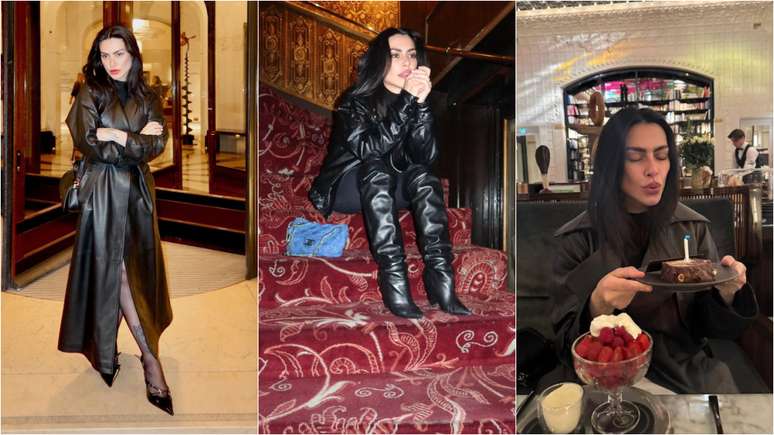This is one of the new prestigious and fascinating series of CANAL+: Our Families is the first TV fiction of Thomas Vinterberg, the Danish screenwriter and director, especially known for the films La Chasse, Festen, La Communauté and Drunk, winner of two Oscars (Best). direction and best foreign film).
In episode 7, Families Like Ours tells the story of a Danish family that experiences a major upheaval: an irreversible natural disaster forces the government to evacuate the country before it completely floods.
The Danish people are scattered, leaving behind abandoned houses, schools and streets. While families and friends are separated, in an instant, nothing has a price, fortunes change, and luck favors only a few exiles.
A long time project
If the plot of families like ours seems so relevant, at least it was conceived by Thomas Vinterberg 7 years ago when he was living in Paris. It was a difficult experience for him, because he was homesick and, above all, the terrible lack of his family.
It was this feeling that gave birth to the idea for the series, which fits naturally into these very intimate works that focus on family dramas in the midst of adversity. For the heroes of our families, the director turned to a specific environment for inspiration:
“L”The experiment here is to take privileged people and take away their privileges and see how they behave. Also, I thought this was a series that would continue into the future. It’s surrounded by a thought experiment, so it has to be rooted in something very compelling. So I talked to people I know, who are my neighbors, who are wealthy, and almost all of them are bankers..
This concern for authenticity in the characters is equaled by the sense of realism he wanted to bring to the context of the catastrophic rebellion they face. However, Thomas Vinterberg had this idea in another world, seven years ago.
“The world was very different at that time”explains the director, “There was no war in Ukraine, no pandemic, and much less water in our parts of the world.”.
And we can say that his idea was not very well received by those around him and his partners, who thought that this idea was crazy and incredible. “And now they think it’s very relevant, very timely”.
An intense and authentic human experience
Thomas Vinterberg then did his research, whether scientific or political, for the scenario of families like ours, always with an eye for authenticity so that the public could identify with the characters and question these issues:
“At the time we talked to a lot of people and asked if this was a possible scenario and they said no. It’s totally a thought experiment. But that was 7 years ago, in another universe, I don’t know what they’ll say. We always knew it was an experiment, which aimed to study people, their behaviors and their existential choices.
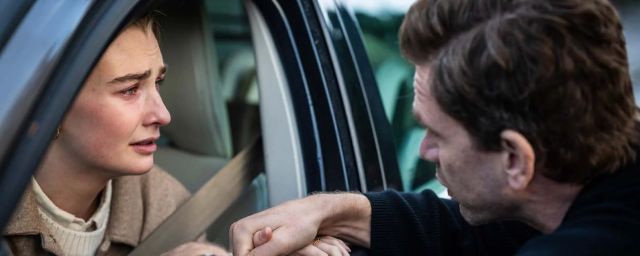
Among the most accessible and tangible answers in this search are government questions, documents, and political actions: “Therefore, much of our research has focused on the state”confides the director, “How does the state react to refugees? How do we get French citizenship? How do we get citizenship in Romania? How do they treat refugees, how do they travel?”
This study revealed some script choices for Thomas Vinterberg, such as not showing the disaster in Copenhagen. The essence of families like ours remained the fact of distinguishing between human feelings, good and bad interactions and questions about the future, which the director paradoxically sees as quite positive.
“Empathy disappears during a crisis, but once the crisis is over, it returns. This is human nature. We are born as social beings who cooperate and interact with each other. And this is something that I find very promising.
As I look at the planet, I have no scientific reason to be hopeful, but I am confident that humanity will reinvent itself, adapt, and deal with these issues. But it is very difficult to change. We are in a kind of passive spiral.
Solidarity is on the test here. How will you react in a crisis? Who will you live with, who will you put in your lifeboat? It has to do with solidarity or solidarity as well.”
Comments collected by Megan Shockett during a virtual roundtable with other journalists on December 9.
The first two episodes of Families Like Us are available on myCANAL. The rest of the series will be broadcast on CANAL+ on Monday evenings with two episodes.
Source: Allocine
Rose James is a Gossipify movie and series reviewer known for her in-depth analysis and unique perspective on the latest releases. With a background in film studies, she provides engaging and informative reviews, and keeps readers up to date with industry trends and emerging talents.

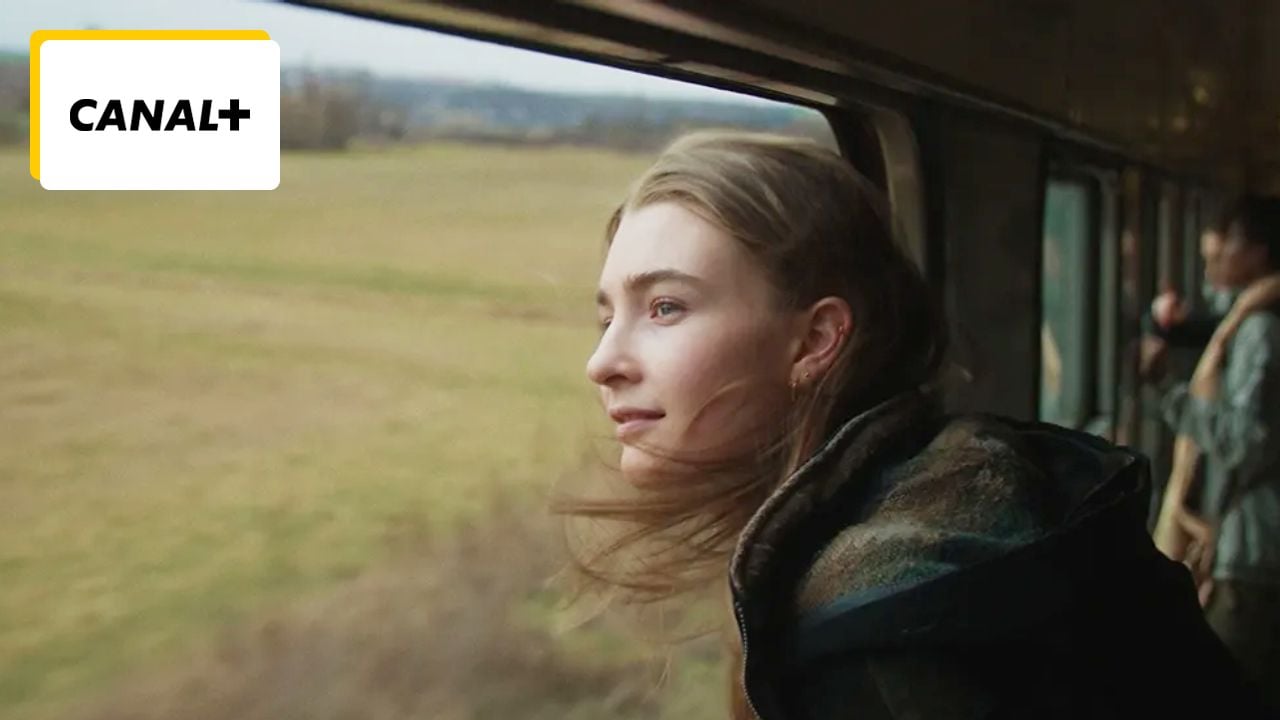
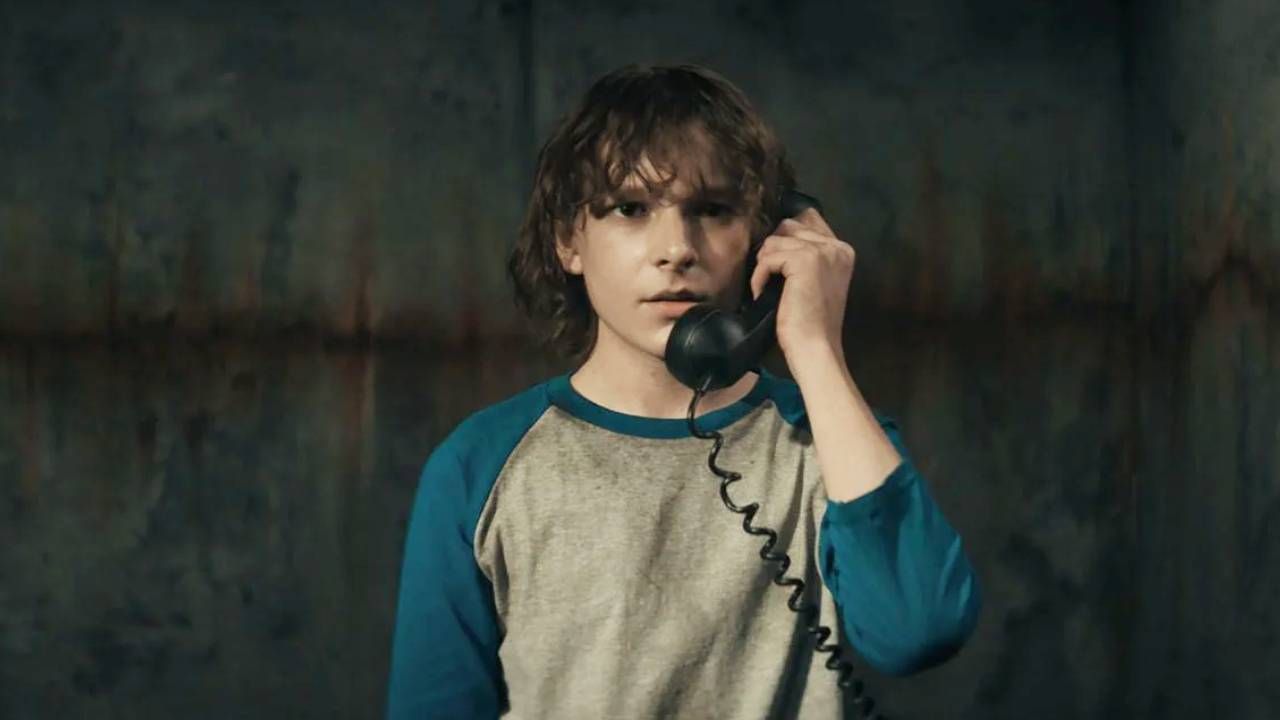
![Pre -Si Grand Soleil: Summary of Episode on Tuesday, October 14, October 14, 2025 [SPOILERS] Pre -Si Grand Soleil: Summary of Episode on Tuesday, October 14, October 14, 2025 [SPOILERS]](https://fr.web.img6.acsta.net/img/90/06/9006f8922e8bfda0a3290f9a6ff3fa74.jpg)
